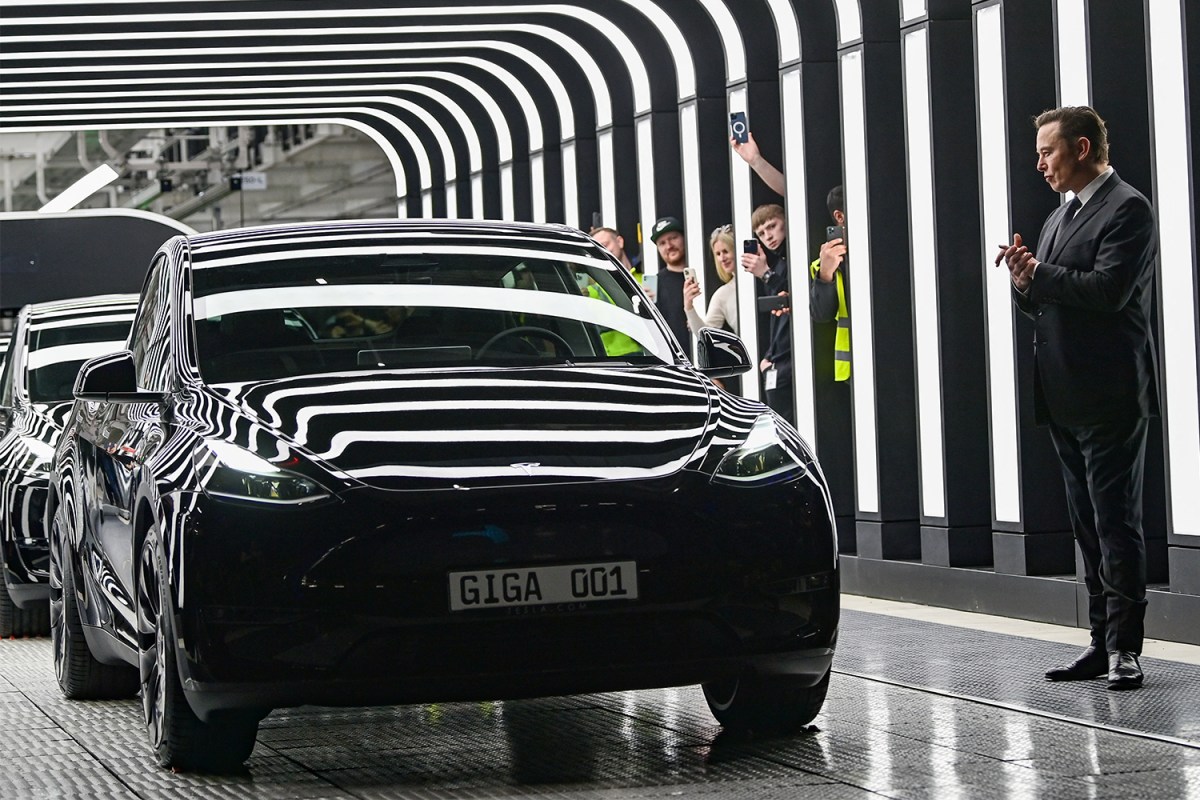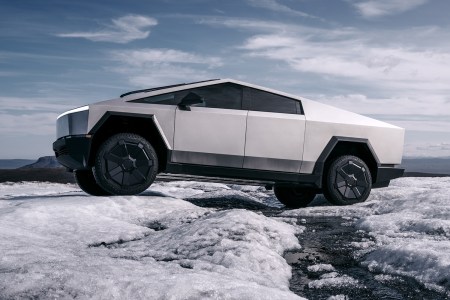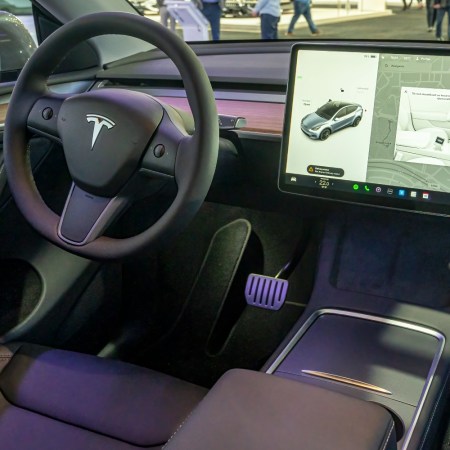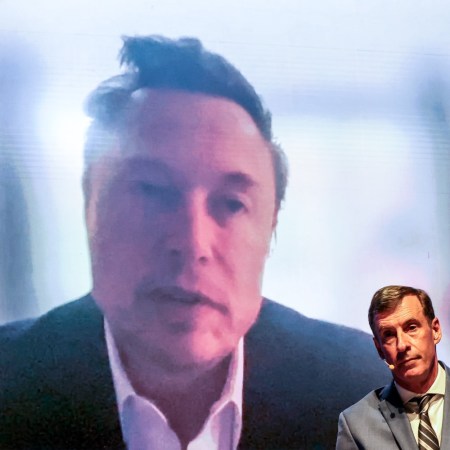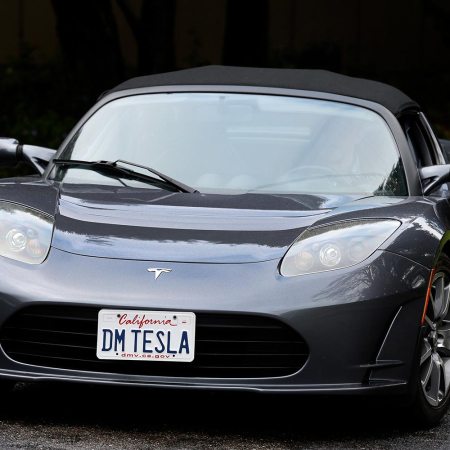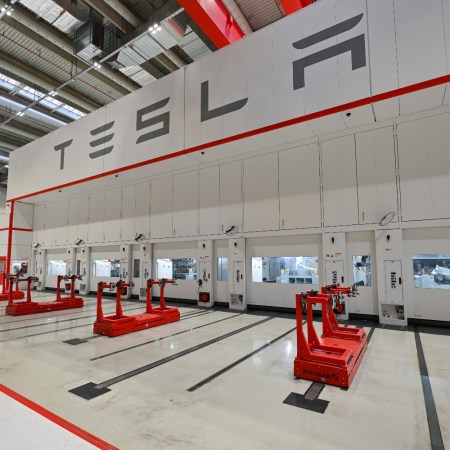Most of the recalls you read about for Tesla vehicles are not literal recalls in the traditional sense. Normally, when an automaker issues such an edict for a particular model, the owner brings the affected vehicle in to be fixed free of charge, whether the problem is with an axle or a door latch. But when Tesla recalls vehicles, most of the time the electric cars are not brought in to the dealer — instead, they’re fixed with over-the-air software updates, as was the case when almost every single one of the company’s U.S. vehicles was recalled earlier this month.
This process of fixing vehicles remotely, through software updates instead of old-school repair shops, has been seen as yet another piece of evidence that CEO Elon Musk is revolutionizing the automotive sector. But according to a Reuters investigation, not only are Tesla vehicles susceptible to normal mechanical failures like all other cars, but the company has reportedly been hiding the “premature failures of suspension [and] steering parts” and blaming customers instead of taking responsibility.
“Individual suspension or steering issues with Teslas have been discussed online and in news accounts for years,” the outlet detailed. “But [thousands of Tesla documents reviewed by Reuters], which have not been previously reported, offer the most comprehensive view to date into the scope of the problems and how Tesla handled what its engineers have internally called part ‘flaws’ and ‘failures.’ The records and interviews reveal for the first time that the automaker has long known far more about the frequency and extent of the defects than it has disclosed to consumers and safety regulators.”
The parts failures noted in the report include a 2023 Tesla Model Y whose front-right suspension failed with just 115 miles on the odometer, a 2020 Model 3 with less than 15,000 miles whose front wheel fell off while driving at 60 mph, and a 2020 Model X whose wheel also fell off while in motion.
Cybertruck Scorecard: Does Tesla’s Truck Live Up to Elon Musk’s Promises?
Grading the electric pickup, which began deliveries Thursday, based on the original claims from 2019In its reporting, Reuters found persistent problems with upper and lower control arms, half shafts and steering racks, and most consequently, the fore and aft links. The latter, a suspension component, led to a recall in China because “regulators pushed for one,” but Tesla “never recalled the part in the United States and Europe despite reports of frequent failures globally.” Instead, the automaker told the U.S. National Highway Traffic Safety Administration the failures were caused by “driver abuse.”
In the wake of this reporting, Senators Richard Blumenthal and Edward Markey sent a letter to Musk urging him to issue recalls for any steering or suspension parts that pose a safety risk.
“It is unacceptable that Tesla would not only attempt to shift the responsibility for the substandard quality of its vehicles to the people purchasing them, but also make that same flawed argument to NHTSA,” Blumenthal and Markey wrote. Tesla declined to comment for the Reuters story.
This isn’t the first time Tesla has deflected blame for the many problems that have been found with its self-described revolutionary vehicles, and it won’t be the last. But considering the widespread nature of these particular defects, and the lengths the company has reportedly gone to hide them, this could be the final straw.
This article was featured in the InsideHook newsletter. Sign up now.
